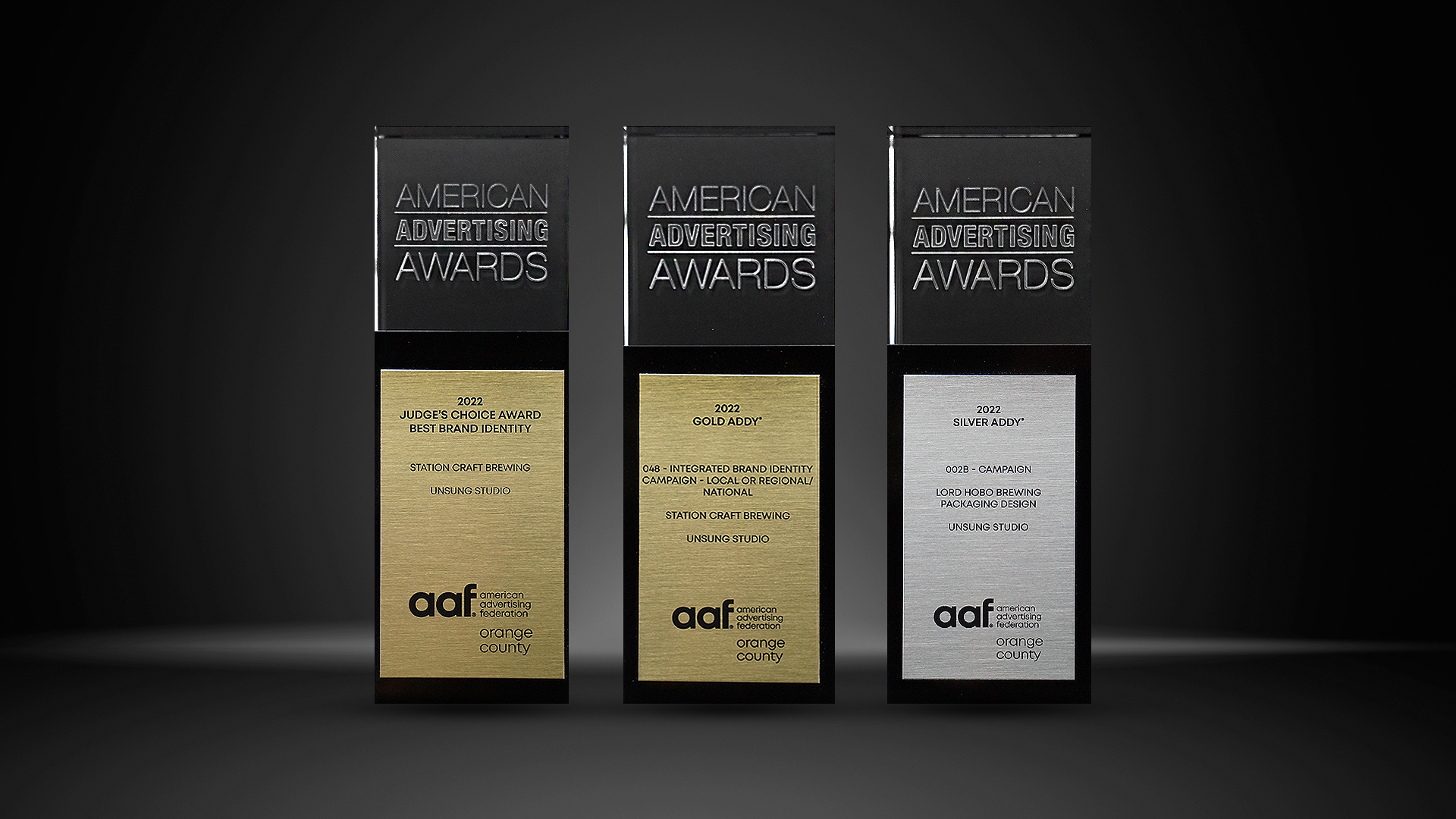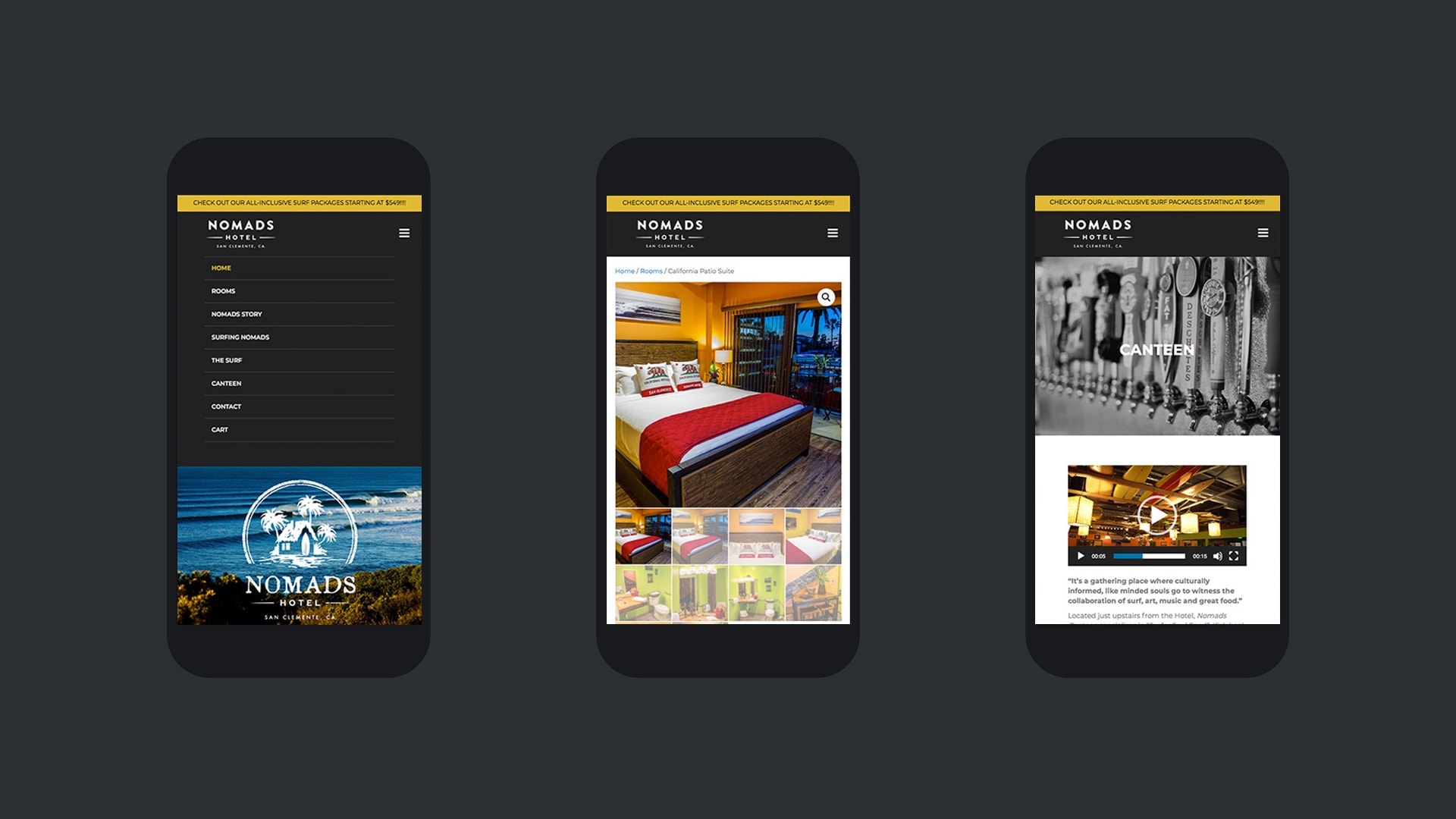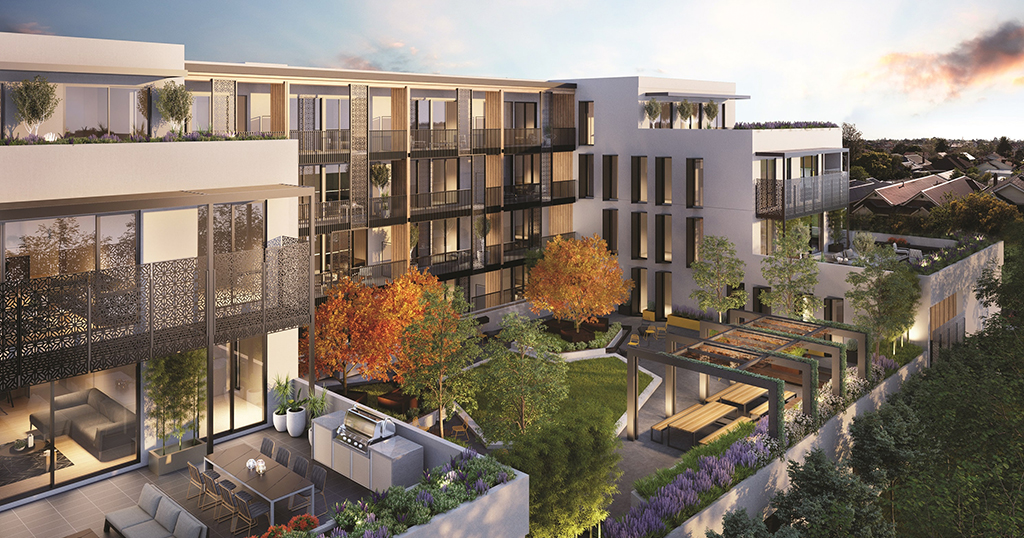UNSUNG ARTICLES
The Art of Real Estate Photography
"In the world of real estate, the perfect images for your listing are more valuable than gold. Your photographs are your first impression, so it’s essential that you make that impression count."
Connect on Linkedin: WilliamUnsung
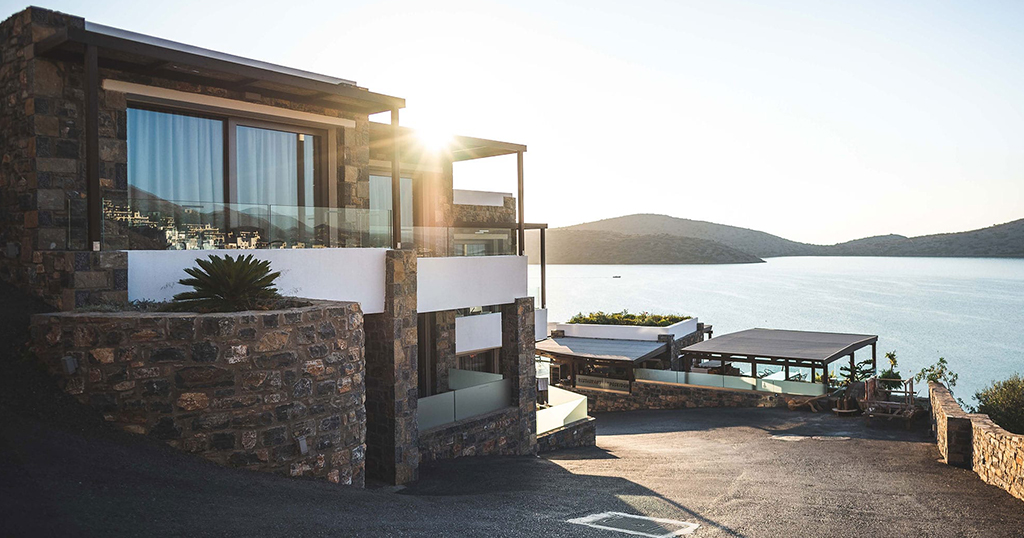
What to Look for in a Real Estate Photographer’s Portfolio
- Do they have experience with architectural photography and/or commercial real estate?
- Are they skilled at getting the lighting just right in their shots, and getting good shots in different types of lighting?
- Are all of their shots framed well and cropped appropriately?
- Have they paid appropriate attention to detail and avoided small-but-important errors such as counter clutter or fans left turned on?
- Do they offer and have experience with drone photography?
- Do they offer videos and the ability to produce virtual tours for your listing?
- Do their photographs seem to match the feeling and quality you wish to communicate?
- Do they feature testimonials on their website?
The Interview Process
What To Ask?
When you’ve narrowed down your potential candidates, it’s time to determine which one will be the best match for your specific needs.
Understanding the Market
Do they understand the real estate market and what makes a great listing? Real estate photography is a very different niche than portraits or other types of photography. It’s important the photographer you work with have a good knowledge of architectural photography, the ability to get room lighting correct, and the ability to pivot and always find a way to get it right when conditions aren’t optimal.
Equipment
Find out what sort of equipment the photographer will be using. A professional real estate photographer should be skilled with special lighting equipment, as well as stability hardware such as a tripod and remote shutter button. The photographer should be using the correct type of wide-angle lens and not a perspective-distorting fisheye lens.
Insurance
Ask the photographer if they have liability insurance. If something gets broken or someone is injured during the shoot, you need to know how that expense will be handled.
References
Get references, and ask former clients about their experience. Is the photographer available and quick to respond to questions? Are they respectful and punctual?
Copyright
Photographers usually retain the copyright of their work, so it’s important to ask how you’ll be legally allowed to use the photographs.
Rates
Finally, discuss the rates. Real estate photography pricing can be all over the map, but there are good reasons for this, and it’s worth your investment to hire the best. Talk to your photographer about their pricing model and find out exactly what is included. How many pictures will you get, and how much editing is included? Is videography included? Will they prepare virtual tours for your listing? Are the photographer’s travel expenses included in the quote?
Don't Cut Corners
Remember that in life, cheapest isn’t usually best, and that’s certainly true in real estate photography as well. Photographers charging too little may be inexperienced or difficult to work with, and in real estate, time is money. With the right photographs, you’ll recoup your costs, so don’t cut corners by hiring inexperienced self-proclaimed professionals.
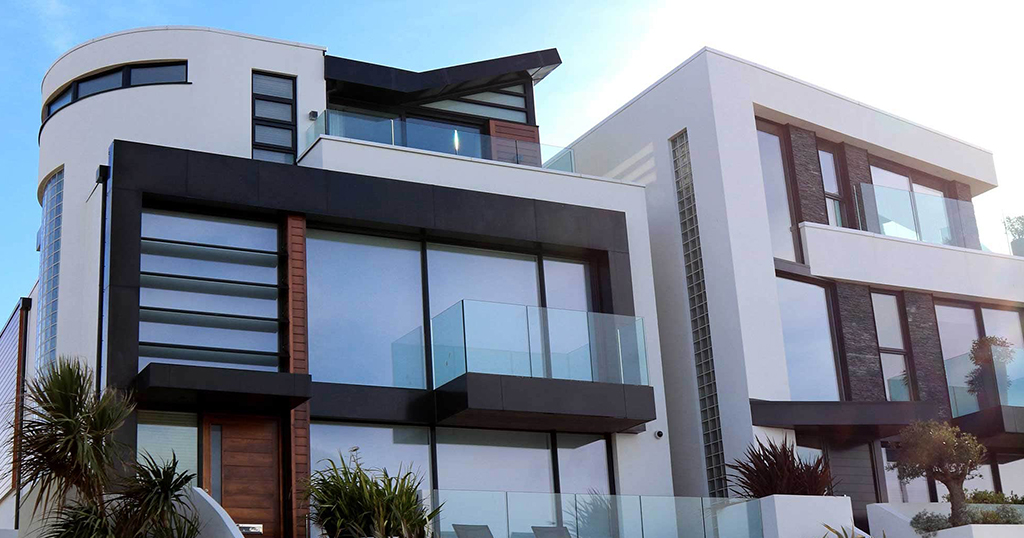
Things To Consider
Before The Shoot
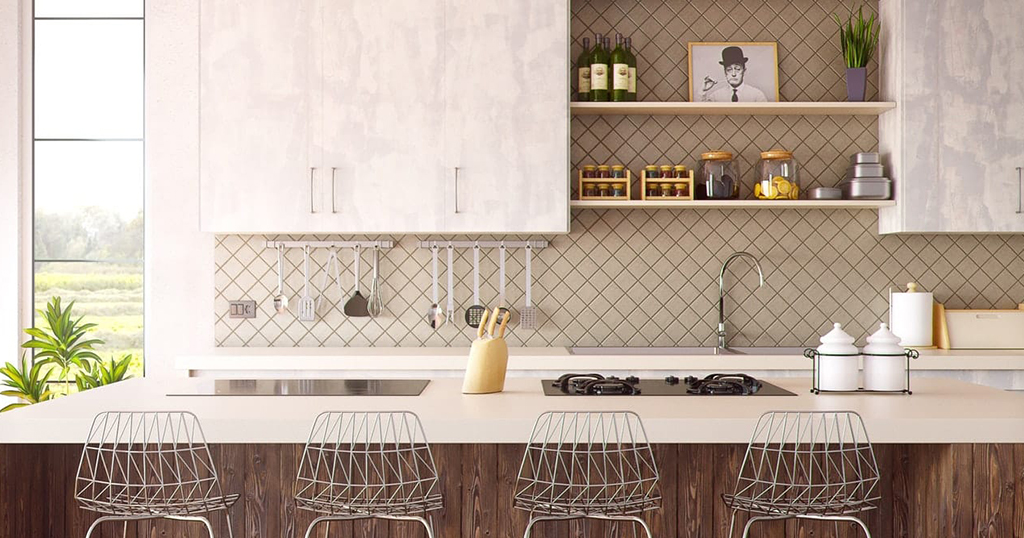
Things To Consider
During The Shoot
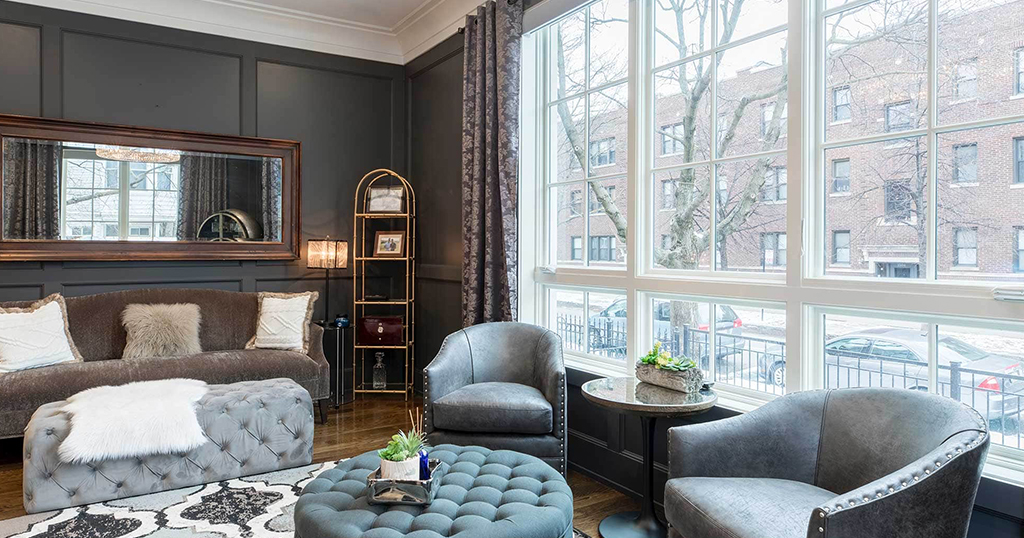
Things To Consider
After The Shoot
If this was your first time working with a particular photographer, assess the experience to decide whether you want to work with them again.
- Examine the photos after editing, and ensure they aren’t over-edited. Your listing needs to be representative of the property — don’t risk getting into hot water with your Multiple Listing Service.
- Did the photos look appealing, and more importantly, were they correctly positioned for your target audience?
- Was the photographer easy to work with, prompt, flexible, and responsive? Did they meet all agreed-upon deadlines and work to your specifications?
- Were you given plenty of high-quality, high-resolution photographs to fill every allowed spot in your online listing? It’s important to always include the maximum allowed number of photos, even if that means you’re including pictures of multiple angles of the best spaces, or pictures of the surrounding area to help viewers get a better feel for the property.
- Communicate any concerns you have about the pictures you receive, or about your experience working with the photographer.
- Is the photographer willing to correct any issues and work to make sure you’re satisfied?
- Finally, were there any billing surprises? Do you feel the experience and the photographs were worth the cost?
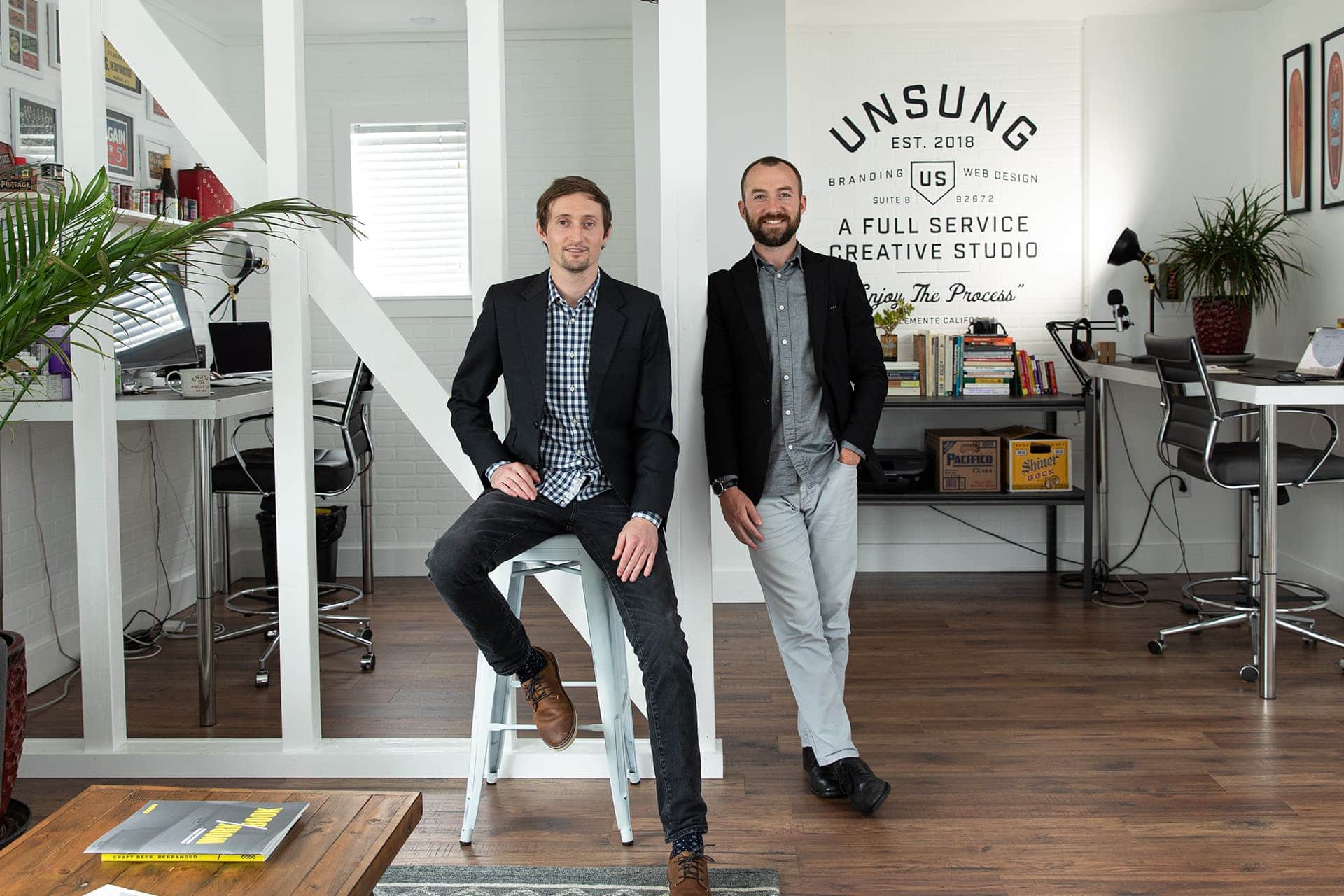
Ready to Elevate your Property's Identity?
Unsung Studio is here to give your development a competitive edge and succeed in the crowded market. As creative experts in property branding, we understand the importance of both first impressions and a strong consistent brand that stands the test of time.
